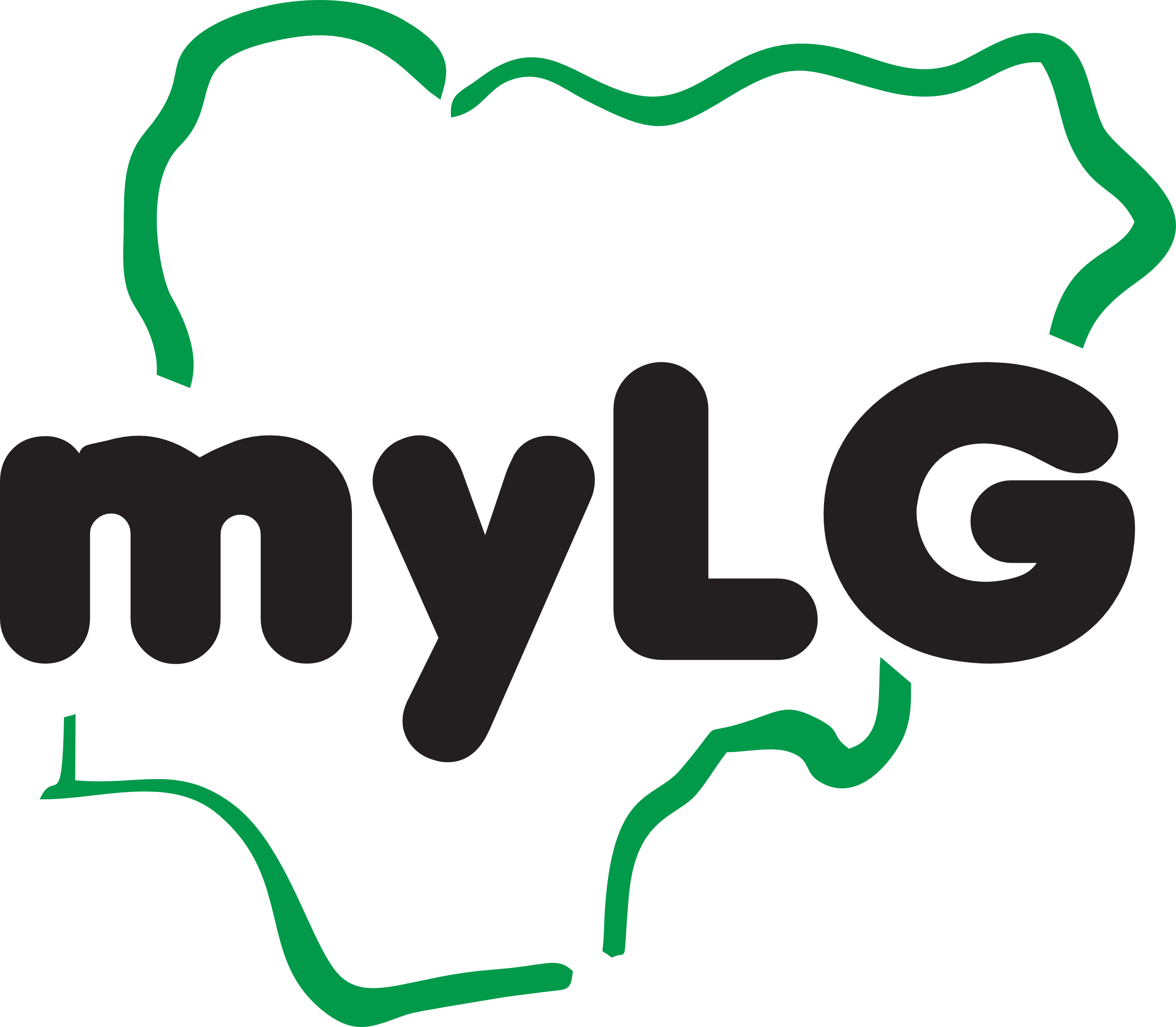Digital Literacy Gap in Public Secondary Schools in Akwanga Local Government
– Abubakar Idris Sadiq & Jamilu Jibrin
Introduction
The pervasive influence of technology in today’s society has transformed the way we interact with the world. From market transactions to healthcare, and even official settings, technology has become an integral part of our lives. The evolving digital landscape demands that students not only embrace but master digital knowledge to navigate contemporary challenges effectively.
Body
In this era of digital evolution, the educational landscape has witnessed a significant shift. National entrance examinations, such as the Joint Admissions and Matriculation Board (JAMB), and post-UTME assessments for universities, are now conducted online. Additionally, the trend extends to online payments for school fees, digital learning platforms, and the submission of assignments at the university level. This paradigm shift underscores the critical need for secondary school students to acquire foundational digital skills. Furthermore, Digital Transformation is taking place every day most especially in the Education Sector, Employment, and aspects of life in its entirety.
Recently the West African Examination Council (WAEC), made an attempt to digitalize the Senior Secondary School Certificate this bold step indicates the need to make available digital platforms in our schools to enable students to get used to Computer Skills and Digital Learning.
To comprehend the severity of the issue, a survey was conducted across three secondary schools in Akwanga. Government Secondary School Akwanga, boasting a student population of 720, paints a concerning picture. The absence of a dedicated computer room, coupled with the lack of essential digital instructional materials, severely hampers the delivery of subjects crucial for digital literacy such as Data Processing, Software Development, and Web Design. Despite having just three computer science teachers, the demand for these subjects remains unmet.
A parallel narrative unfolds at Government Secondary School Central, accommodating over 800 students. In the last Senior Secondary School Certificate Examination, a mere three students out of over 100 opted for Computer Science and Data Processing. Teachers, anonymously speaking out, attribute this low participation to a dearth of staff and inadequate facilities essential for promoting digital learning and skills development.
Government Secondary School Akwanga North echoes the same narrative, portraying a systemic issue that demands immediate intervention.
The voices of students and teachers further emphasize the urgency for reform. An anonymous student reveals a palpable frustration, lamenting the government’s apparent apathy towards providing the necessary infrastructure to bridge the digital gap. Meanwhile, students in private schools enjoy privileged access to vital digital resources, exacerbating the disparity.
Teachers, also choosing anonymity, shed light on the shortage of educators specializing in the digital domain. They emphasize the lack of facilities crucial for fostering a conducive environment for digital learning and skills development.
Call to Action
Addressing the digital literacy gap in Akwanga’s secondary education requires a collaborative effort. Government agencies, civil society organizations, and philanthropists must unite to provide essential digital learning platforms. Public schools, often serving the less privileged, need immediate attention to ensure equitable access to digital literacy. The government should also prioritize recruiting expert teachers and deploying digital infrastructure to public schools. To cultivate foundational digital skills, subjects like Data Processing and Computer Operation (Basic) should be integrated as mandatory components of the curriculum. Additionally, conducting some school internal examinations digitally aligns with the evolving educational landscape. Through these measures, we can work towards narrowing the digital divide and empowering students for the digital age.
Conclusion
Addressing the lack of digital literacy skills in secondary schools in Akwanga Local Government is not merely an educational concern but a societal imperative. The digital abyss must be bridged to empower students, regardless of socio-economic background, to thrive in an increasingly digital world. Only through collective action can we ensure that the youth of Akwanga are well-equipped to contribute meaningfully to the progress of the nation in this digital age.
Abubakar Idris Sadiq and Jamilu Jibrin are #OOTC Champions working on EiE’s #myLGA project in Akwanga local government, Nasarawa State.

